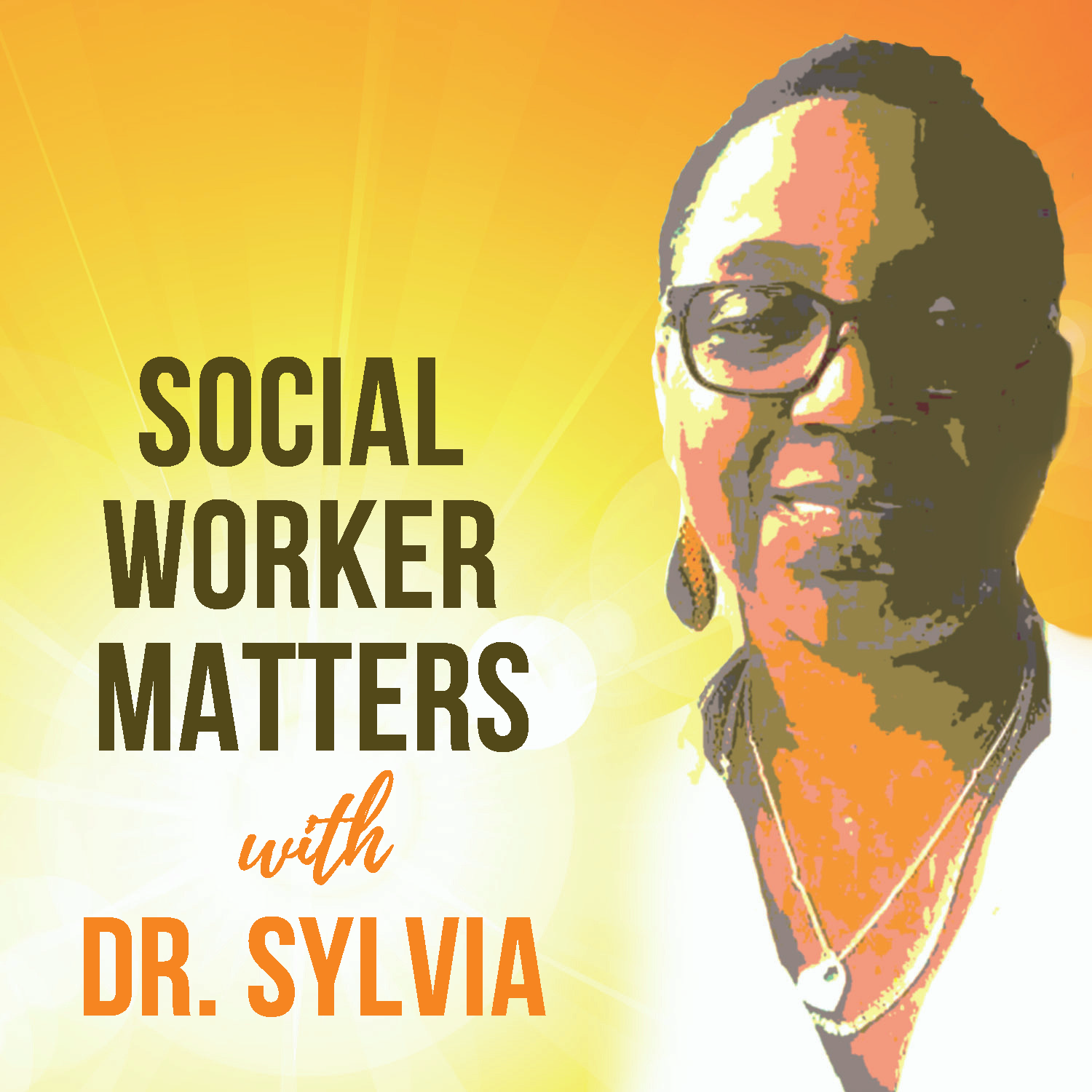 |
ForestcastAuthor: USDA Forest Service
Explore the largest forest research organization in the world alongside scientists studying, questioning, and solving some of today's most compelling forest issues. Through stories, interviews, and special series, learn whats happening in your forests, and where those forest ecosystems might be headed. Season 4: Afire A 360-degree introduction to fire from a scientific standpoint. The story of how fire research shapes our landscapes and our lives. Season 3: Women of Research Highlighting womens perspectives in research over the past 50 years, scientists share stories of mentors and mentorship, motherhood, rural and urban stewardship, passions for science, leadership, and beyond. Season 2: Backcross As non-native insects and diseases threaten ash, elm, and chestnut trees, chemicals and biological controls only offer temporary protection. Dive into the double-stranded story of tree species restoration and resistance breeding alongside the scientists working towards a long-term solution, a long-term resistance. Season 1: Balance & Barrier More than 450 non-native insects have invaded our forests and urban trees since European settlement. Come explore stories of the Asian longhorned beetle, emerald ash borer, spongy moth, and hemlock woolly adelgid, as well as the scientists studying and combating these pests. EXTRA: A Window of Resurgence for Red Spruce: In the 1970s, red spruce was the forest equivalent of a canary in the coal mine, signaling that acid rain was damaging forests and that some speciesespecially red spruceere particularly sensitive to this human induced damage. In the course of studying the lingering effects of acid rain, scientists came up with a surprising resultdecades later, the canary is feeling much better. EXTRA: The Two-Sided Story of Periodical Cicadas: Two scientistsone whos tracked the aboveground movements of cicadas, and another whos unearthed the belowground impact of these insectstake you inside the many mysteries and forgotten elements of Language: en Genres: Earth Sciences, Science Contact email: Get it Feed URL: Get it iTunes ID: Get it Trailer: |
Listen Now...
Afire: The 14th Victim & Missoula Fire Sciences Lab (Mann Gulch 75)
Episode 9
Wednesday, 18 December, 2024
When Harry Gisborne, the Forest Service's first fire scientist, died investigating the Mann Gulch Fire in 1949, he became known as its '14th victim.' Through personal stories and historical accounts, we explore how the tragic fire that killed 13 firefighters led to the creation of the Missoula Fire Sciences Lab and revolutionized wildland fire research. Current and former lab leaders, Sara Brown and Colin Hardy, share how Mann Gulch's legacy continues to shape firefighter safety and fire science today. Related Research: Missoula Fire Lab Partners with Google Research to Help Advance New Fire Spread Model (2024) The Rothermel Fire Spread Model: A 50-Year Milestone in Fire Research (2023) Understanding Wildfire as a Dynamic System: A New Comprehensive Book on Wildland Fire Behavior (2023) Research Needs for Wildland Firefighter Entrapments (2020) Bridging the Divide Between Fire Safety Research and Fighting Fire Safely (2017) From Research to Policy: The White Cap Wilderness Fire Study (2014) The Missoula Fire Sciences Lab: A 50-Year Dedication to Understanding Wildlands and Fire (2012) Mann Gulch Fire: A Race That Couldn't Be Won (1993) The Gisborne Era of Forest Fire Research (1977) Harry Thomas Gisborne Oral History Project (1976) A Mathematical Model for Predicting Fire Spread in Wildland Fuels (1972) The Seeding of Cumulus Clouds by Ground-Based Silver Iodide Generators (1959) Forestcast is an official USDA Forest Service podcast, and is produced by USDA Forest Service Research and Development. Want more information? Visit us at https://www.fs.usda.gov/research/products/multimedia/forestcast Questions or ideas for the show? Contact Jon at jonathan.yales@usda.gov







